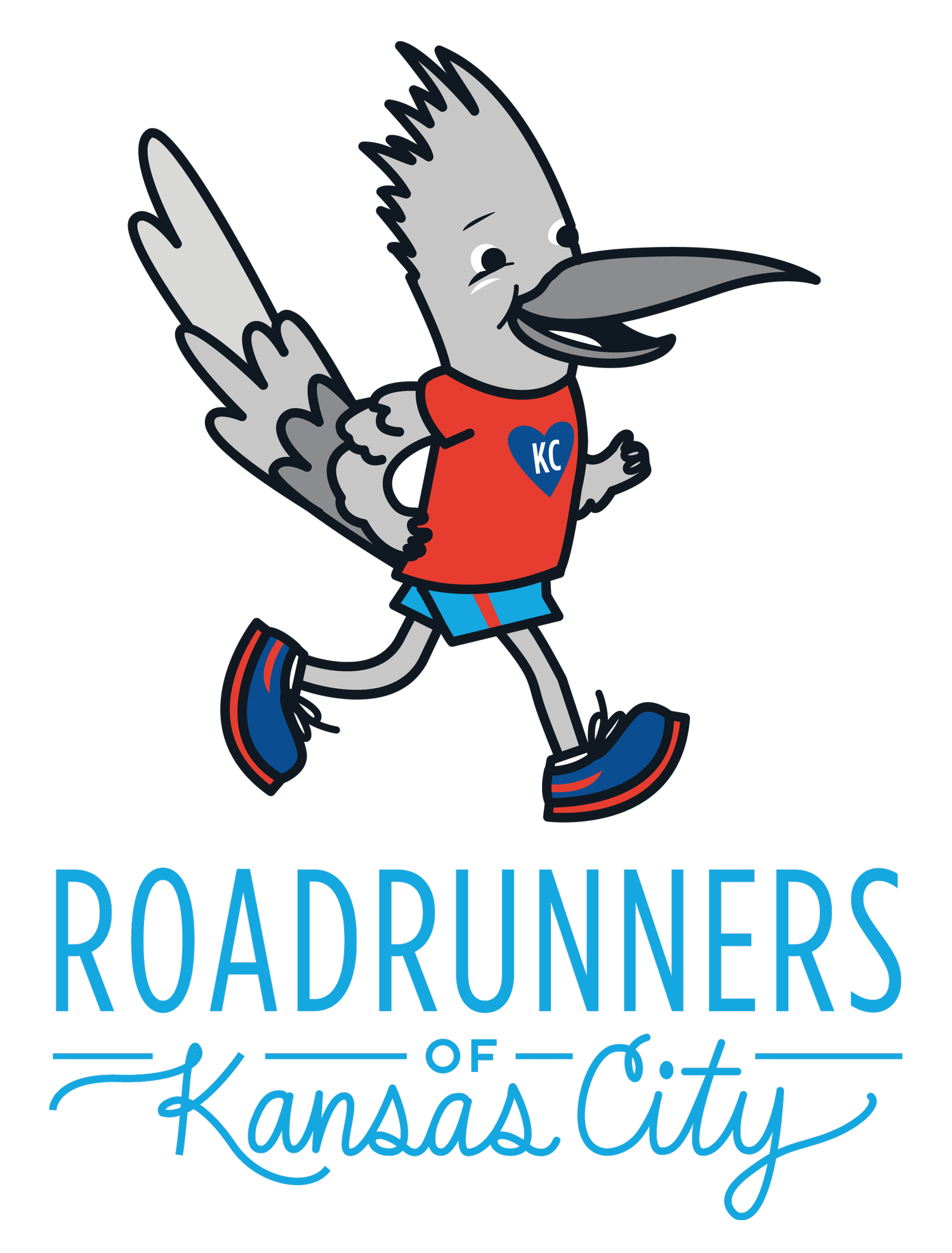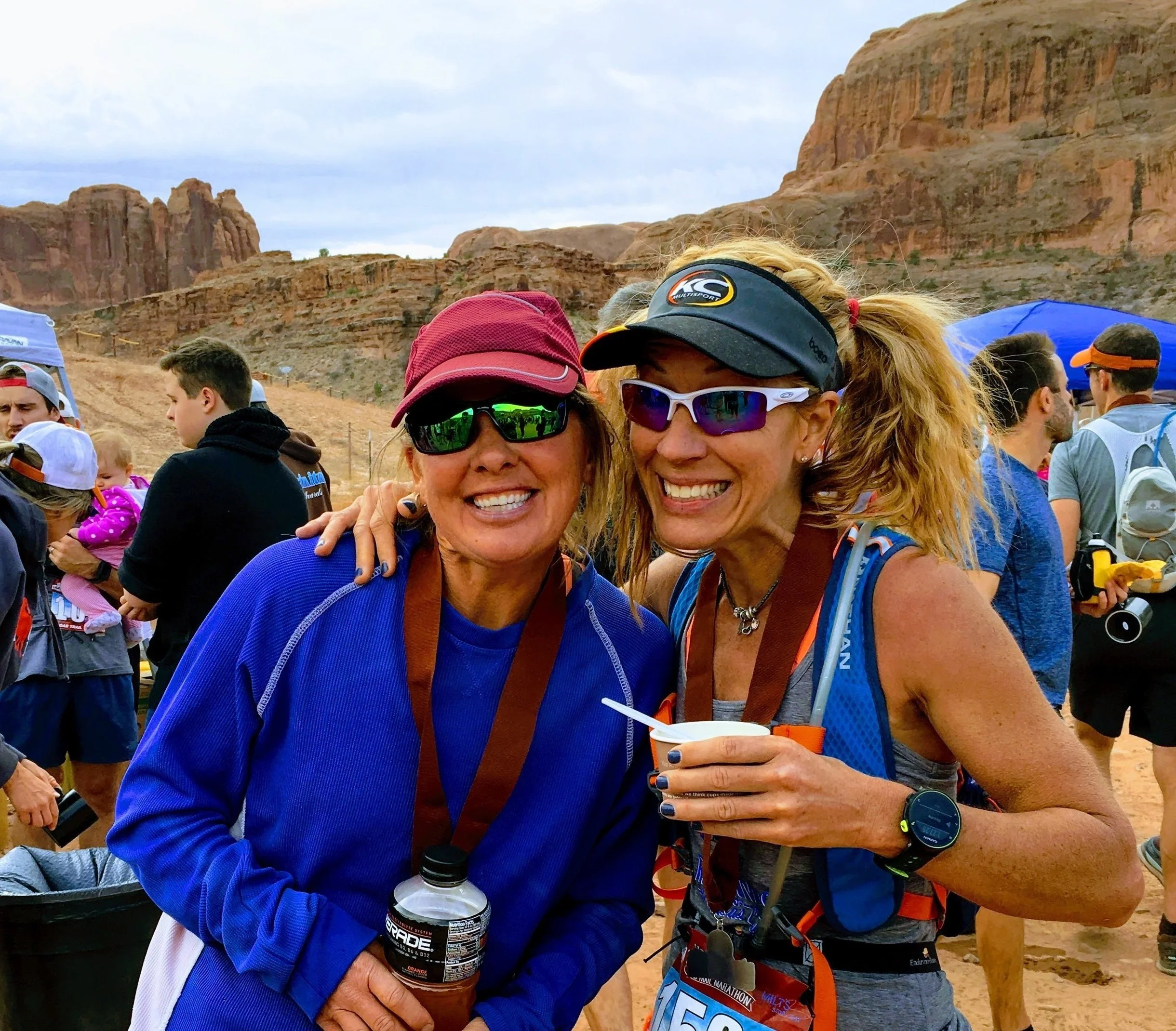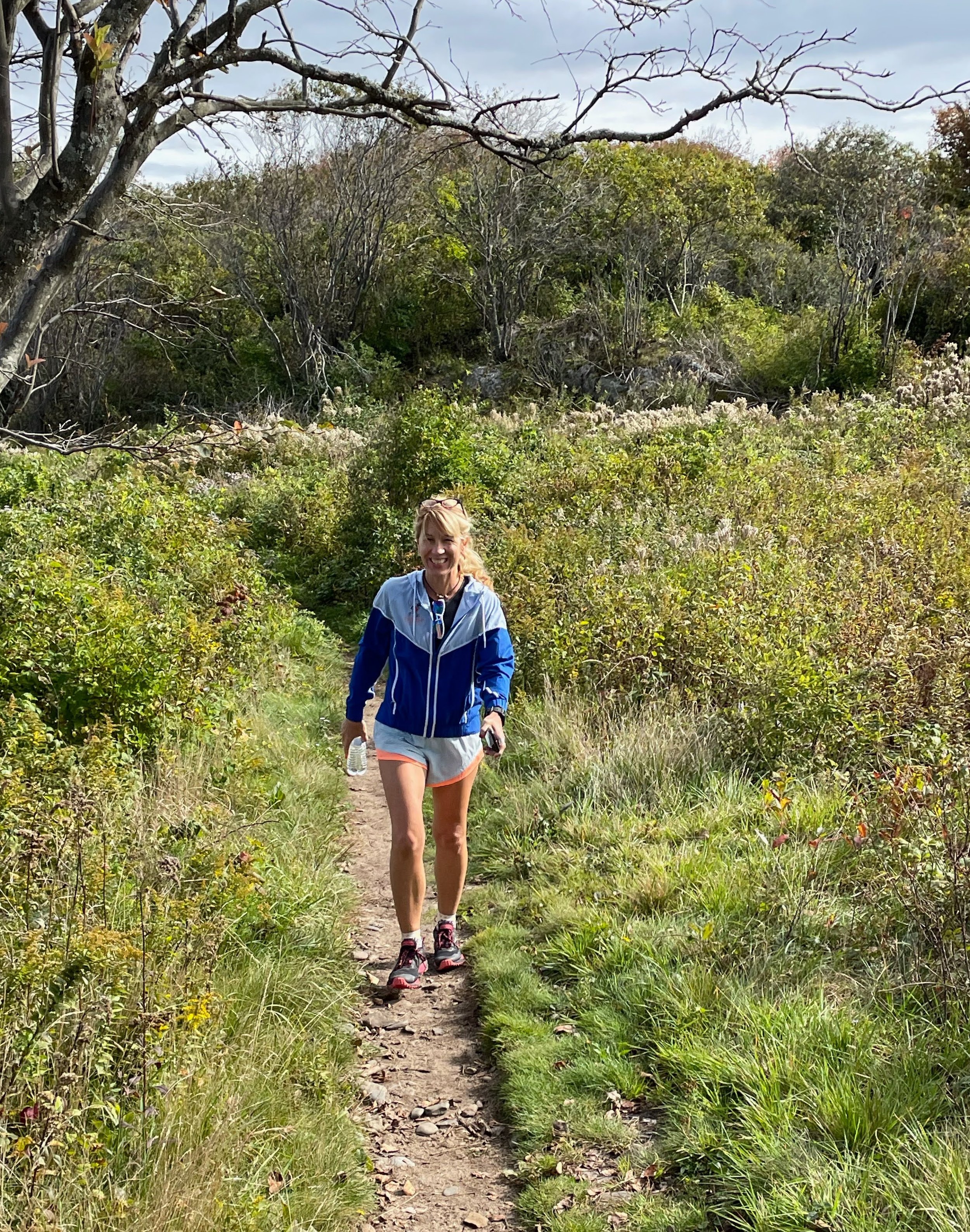Finding Patience as a Patient
/Those who know me, like really know me, will tell you I am not patient. Unfortunately, my podcast co-host and triathlon Coach, Liz, finally caught a glimpse of it the other day and called me out. She told me I was being a "pill" - I think that was a generous way of putting it.
I try to keep a lid on that personality flaw, but sometimes, it escapes. Usually, it's when I am waiting in a line - a virtual or real one - when I am behind the wheel, and definitely when I become a patient!
The first question I get from an injured athlete is when can I (fill in the blank). Most of the time, I can approximate the typical rehab times for specific injuries, but that doesn't consider all the factors and variables that come with humans. We are different; our lifestyles, health histories, and other health-related factors are varied and impact or can delay recovery. What we eat, how we sleep, whether we do our exercises, our age, whether we were strong and stable before the injury…The list is really long.
I empathize with patients - I know how agonizing it is to not do what you want to do - whether it is a beloved sport like running or not. It's torture, the waiting. "Trust the process," I tell my patients. And I believe it when I say it, but when I have to hear it, I want to jump out of my skin. But for the first time in my running injury history, I demonstrated patience as a patient, and it paid off.
My knee surgery was on August 1, 2023. I am happy to report that I finally feel back to normal after 5 months (12+ months since the tear and knee pain began). I can run, bike, and strength train at the intensity and volume I consider my new norm, and I can go up and down the stairs. I am still determining exactly why I was patient this time around. Perhaps it's because I didn't have the energy to fight and resist. It was easier to take one day at a time and not look too far ahead.
There are a few things I did that helped. First, I did not subscribe to a timeline. I accepted an open-ended, "it will happen when it happens" approach. I participated actively in my recovery, but I didn't worry about the time it was taking to get through the steps.
Second, I made no commitments to myself or anyone else to do this thing or that - like sign up for a race or event - even if it was far out in the future. I'm still not ready to do that.
And lastly, I was also honest with myself every single step of the way - listening to my body carefully and accepting what it could do on any given day. Some days were good, and others weren't.
I also filled my time with other things to keep me busy. During group runs, when I'd typically run long distances with my friends, I found something else I could accomplish physically - besides laying on the couch and feeling sorry for myself - which was what I really wanted to do sometimes!
While recovery was a long road and considerably longer than what the research suggests is a typical timeline, it doesn't seem like it, and I think that's because I was patient with it. Now, if only I could find that patience with other aspects of my life…






